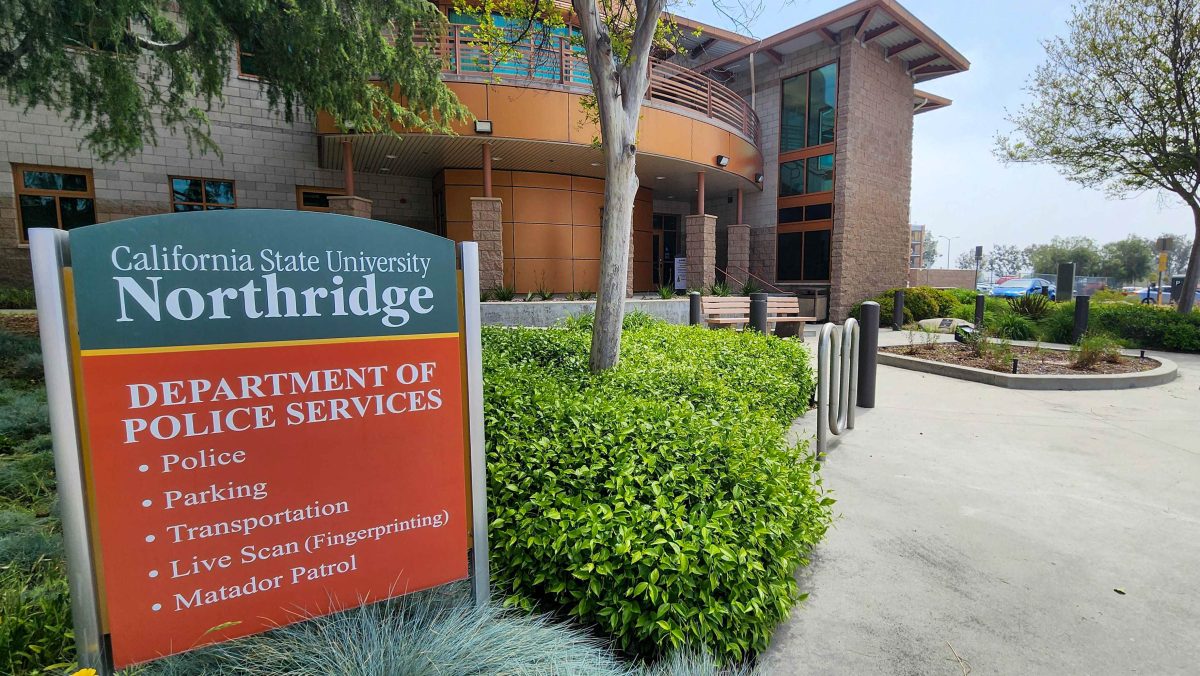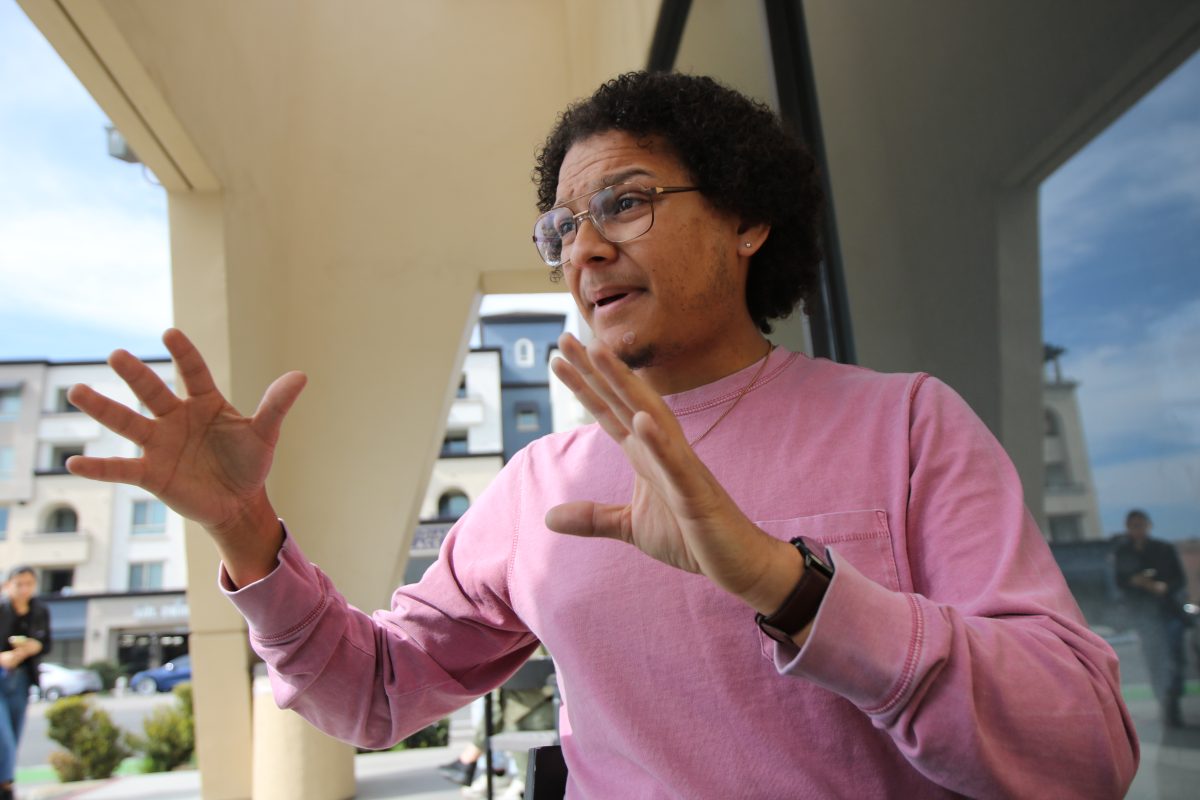Suicide is the second leading cause of death among college students, according to the American College Health Association (ACHA). The Associated Press released a study that out of the 100 largest universities they asked, only 46 track suicides rates. CSUN is one of the 54 universities who does not keep suicide statistics or consistently collect them.
Over the last few years, universities have funded resources for mental health like awareness programs and counseling, but without a record of statistics, it’s inconclusive if preventative measures are working.
At the campus Institutional Research, according to senior director Janet Oh, “Institutional Research reports and analyze institutional data, but we are not responsible for entering any such data,” Janet Oh, senior director of CSUN office of Institutional Research, said.
In accordance with sharing records to the public, Julie Pearce, Director of the University Counseling Services said, “Our records are confidential due to client privacy, professional ethics and laws. While we don’t wish to hide information from the public, we must make every attempt to protect our most vulnerable students, including those who have made suicide attempts and might feel shame and be harmed by such disclosures.”
Keeping this type of information hidden is generally the family’s decision. Families might not want the public to know why or how their loved one died. Not all records are kept because data is limited and unofficial, especially universities’ records.
“The foundation of practice of mental health services is based on a confidential relationship between client and professional,” Pearce said. “Of course for our record-keeping purposes, we do keep confidential records of many aspects of our clinical services, including client crises.”
On campus, there are programs to help students that may be struggling in silence.
One of the three programs Pearce mentioned was the BLUES Project – a peer education program that helps students understand and prevent suicides.
“The campus is proactive in its efforts to prevent suicidal behavior and recognize when there is an opportunity to intervene and prevent suicide,” Pearce said.
During a BLUES Project seminar, a rundown of depression and other mental illnesses are explained, including warning signs and appropriate ways to help an individual. The seminar “focuses outreach efforts to educate the campus community” about the grave issues of suicide.
The BLUES Project holds hundreds of classroom presentations, reaching over 8,000 students each year. In addition, they hold an annual “Beat the Blues” week which focuses on identifying depression and suicide prevention. During this week, there are numerous activities while educating students of resources that are on- and off-campus. The counselors there provide QPR (Question, Persuade, and Refer) training that focuses on “saving lives and reducing suicidal behaviors by providing innovative, practical, and proven suicide prevention” (QPR Institute).
The University Counseling Services also offers “Not Alone” and RIO (Recognition, Insight, and Openness). Not Alone is a group for students experiencing depression. RIO are workshops that help students to manage emotional distress.
In addition to these programs, there is a therapy group that students can take advantage where they meet trained group therapists weekly for a face-to-face. Attending these workshops is at no cost to the student.
“Because of the seriousness of our concern about student safety, we offer students access to crisis counseling 24/7 through our walk-in urgent care/triage system during regular business hours as well as through our telephone crisis counseling services offered after-hours,” Pearce said.
Bayramian Hall 520 offers counseling to any student who is struggling with depression or emotional distress of any level. The National Suicide Hotline (1-800-273-8255) is also available for assistance.











